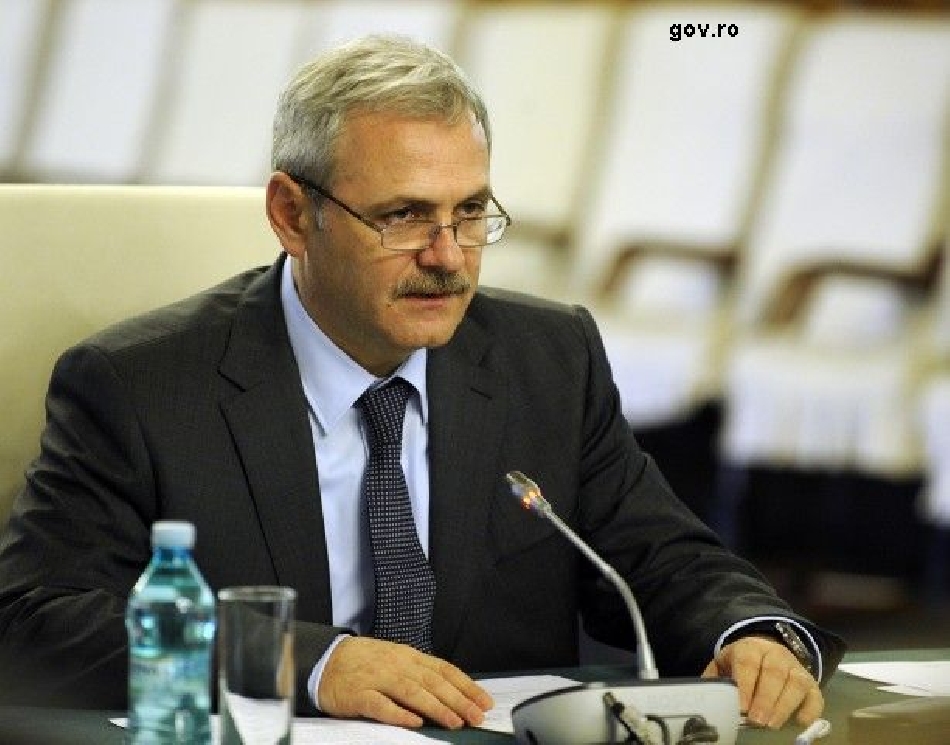Government Takes Responsibility for Decentralization Law
The Government of Romania has passed a bill on decentralisation, which transfers some responsibilities from ministries to local authorities.

Leyla Cheamil, 15.11.2013, 13:44
Announced by the authorities as one of the most important projects in post-communist Romania, the decentralisation bill, which transfers some responsibilities from ministries to county authorities, has finally been passed by the Government. And to prevent possible changes operated through parliamentary debate, the Cabinet announced it would seek a vote of confidence on the bill next week in Parliament. Prime Minister Victor Ponta wants the new Decentralisation Law to take effect on January 1, 2014.
Public healthcare, agriculture, environment, culture, youth and sports are some of the fields in which competences and responsibilities will be decentralised once the law comes into force. The bill also empowers local authorities in areas such as tourist authorization and classification, sports clubs and facilities, school camps, fisheries, as well as the management of beaches, which will nonetheless remain public property. The police and social security agencies, the administration of ports and cinema halls will remain under the authority of the Government. Such a large-scale project is expected to involve substantial costs, but deputy prime minister Liviu Dragnea, who sees decentralisation as a firm pact through which Romania breaks with its communist past, says the process does not require additional funds.
“Through this process, around 14 thousand people who are now working under the authority of ministries, will be transferred, with all their current rights, to the decentralised institutions that will be subordinated to local authorities.”
The Opposition does not see this mega-plan with a friendly eye. The Liberal Democrats criticise the way in which the bill is rushed through Parliament and claim its enforcement would politicise local administration. They call for parliamentary debates and even for a national pact involving all political parties, civil society and the academic circles. In the current form, they argue, the bill fails to operate an in-depth reform, and, furthermore, it places additional financial burdens on local budgets.






























